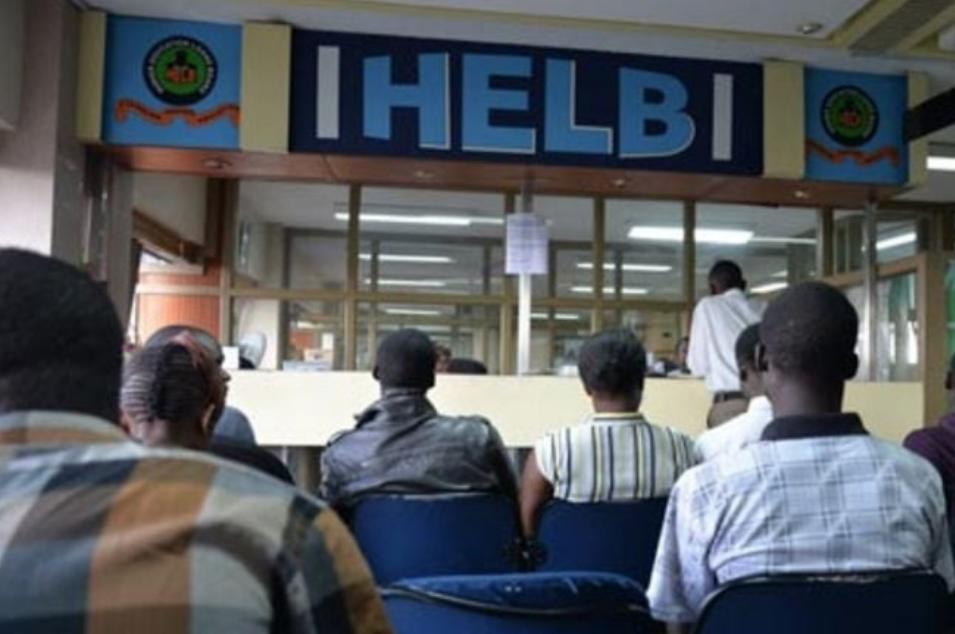
 A file photo of university students at Higher Education Loans Board offices.
A file photo of university students at Higher Education Loans Board offices.
The Court of Appeal has suspended a decision by the High Court that declared the new university funding model unconstitutional and discriminatory.
Justices Patrick Kiage, Weldon Korir and Joel Ngugi directed the Attorney General, the Higher Education Loans Board (Helb), and the Trustees of the Universities Fund to complete and publicise, within 14 days, an appeals mechanism for students who may be aggrieved by funding decisions or their categorisation for funding purposes.
This mechanism will be made available to all students and relevant stakeholders, the bench directed.
Additionally, the court clarified that while the new funding model is under appeal, Helb and the Trustees of the Universities Fund must inform all students applying for and receiving funding that the variable scholarship loan funding model is currently being challenged in court.
The three-judge bench said the students must be made aware that the funding model may change depending on the outcome of the ongoing appeals.
The directive come after the state appealed against a decision issued by Justice Chacha Mwita in December last year.
Justice Mwita in banishing the funding model decision cited lack of public participation and prohibited the government from implementing it.
The judge said the model, also known as Variable Scholarship and Loan Funding (VSLF), was biased as it introduces clusters based on perceived financial ability of students.
"It's unrealistic if not unfair to consider someone earning Sh70,000 per month as not needy considering the level of taxation in the country," Mwita observed.
Every person, he emphasised, is equal before the law and the state is prohibited from discriminating against any person on any ground.
He said that one's social standing may not be a ground for treating someone differently noting that under the old model, all students were treated equally.
"The new one has introduced clusters labelling students as needy, creating discrimination and distinction based on ones earning," he said.
Justice Mwita said although the categorisation may appear innocent, it's not clear how it was achieved.
Under the new funding model, band 1 has students whose monthly income does not exceed Sh5,995 while band 2 ranges from Sh5,995 to Sh23,670.
Students from families with a monthly income of between Sh23,671 and Sh70,000 are placed in band 3 while those between Sh70,000 and Sh119,999 are in bands 4 and 5, which receive the least funding in terms of scholarships, but are high on loans for students whose families earn above Sh120,000.
The government defended the model in court saying it's not discriminatory as argued by the petitioners on grounds that it allows all students to apply for scholarships and loans.
The application data, according to the document, is digitally analysed to inform scholarship and loan levels gauged by the level of need of each student.
But the judge in prohibiting the implementation of the new funding model said it was not anchored in any law and it is also not clear on who would provide loans and how.
"This funding model is not anchored on any law. Its composition and its procedure remain unknown," he said.



